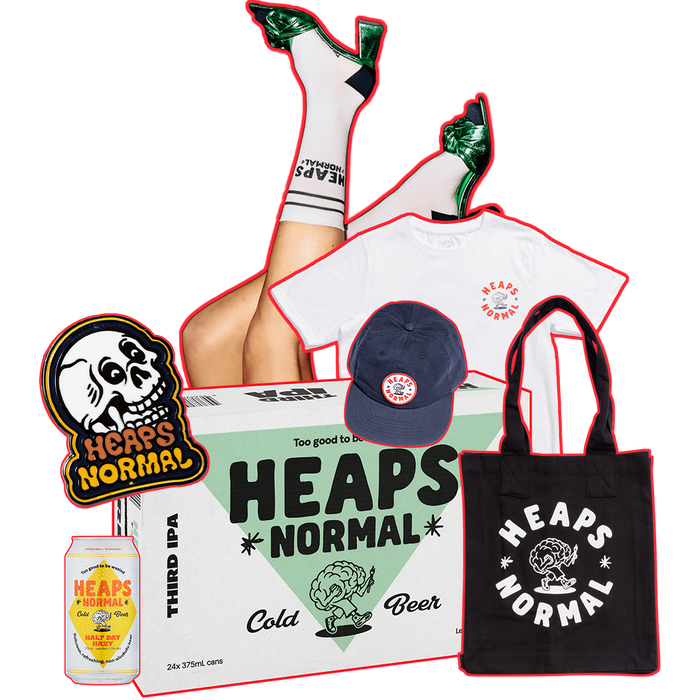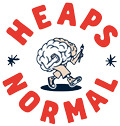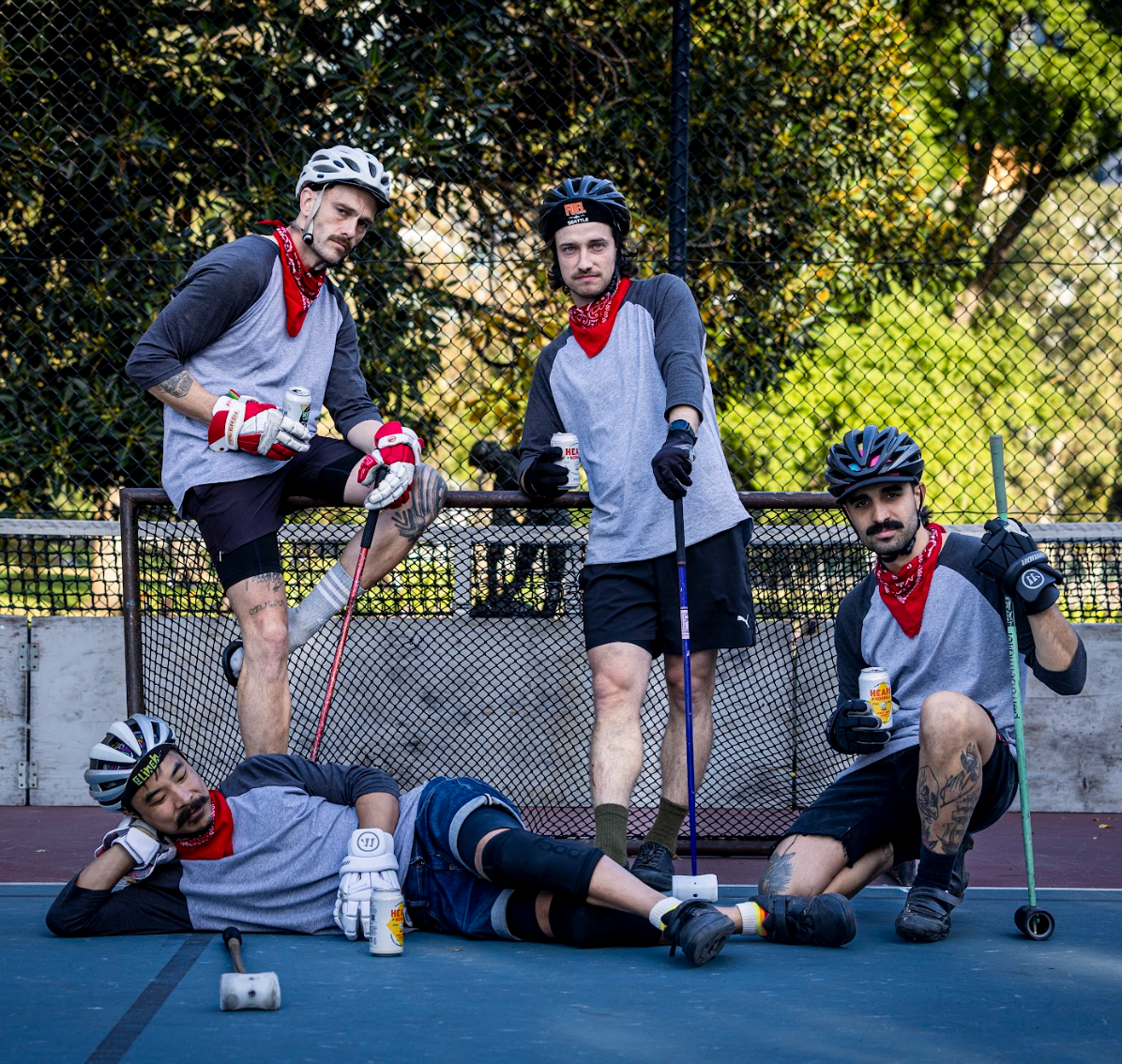Not A Real Sport: What Bike Polo Taught Me About Showing Up
Written by Clint O'Hanlon | Photos by Joelle Miller
Bike polo didn’t come from a rulebook. It didn’t descend from elite institutions or start with TV rights deals. It began on the streets - specifically (as the lore suggests), the streets of New York City, where a crew of bike messengers hanging out on b-ball courts between jobs picked up broom handles, some kind of ball (maybe even an empty beer can?) and made something up. No refs. No officials. Just a flagrant disregard for their own safety, some exceptional bike-handling skills and a penchant for not taking themselves too seriously.
It was scrappy. It was rough. It was dangerous. And it was probably glorious.
Now, things are a bit different. Bike polo has governing bodies with each international region organised by their own volunteer-run association. There are tournament formats, (fairly) complete rulesets, seeding processes and even court standards for regional and international championships. But at its heart, bike polo remains what it’s always been: a sport built by the people who play it. A labour of love held together by cable ties, twisted spokes, busted mallets and pure, sweaty enthusiasm.
It’s a sport that still carries a joke that’s half self-deprecating, half defiant: “Not a real sport.” It’s a phrase you’ll hear at every tournament, yelled after a spectacular fall or mumbled while rubbing dirt into a recently de-skinned knee. It’s code. A wink. A way of saying: this is ours. No one gave it to us. We made it.
And making it together is what makes it matter.























